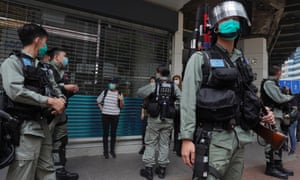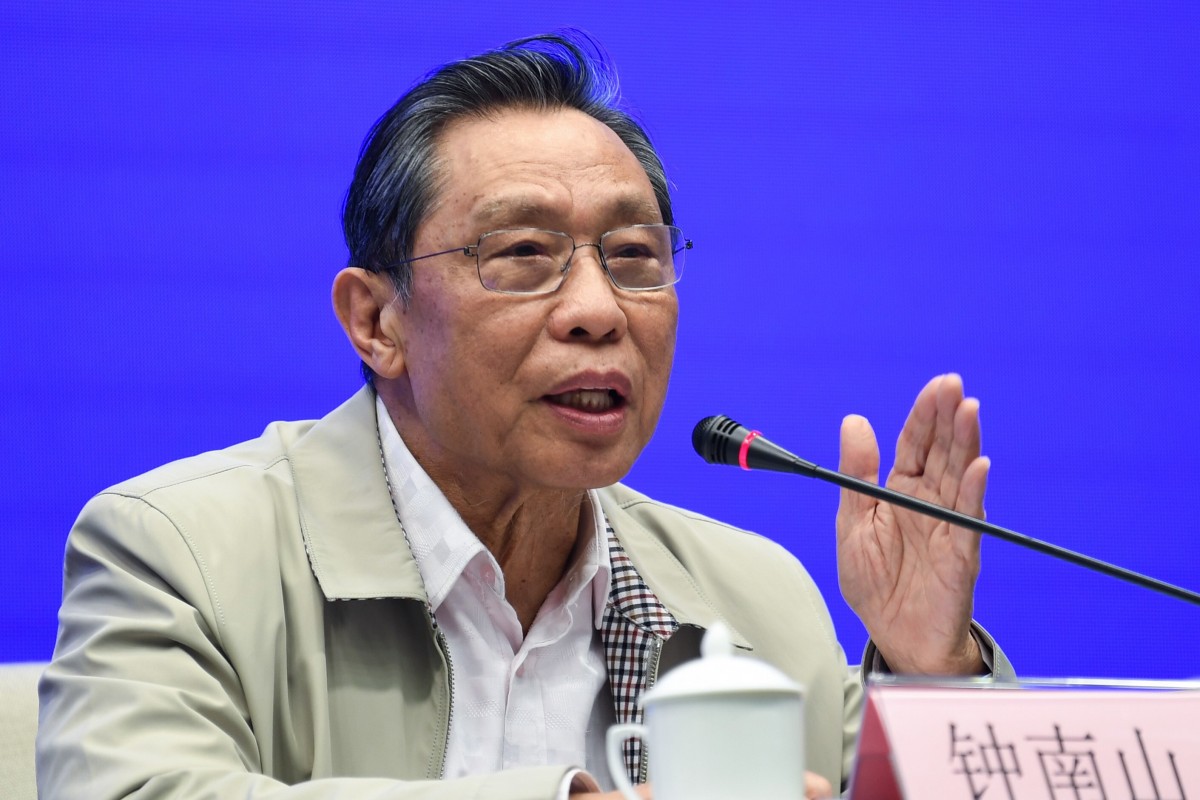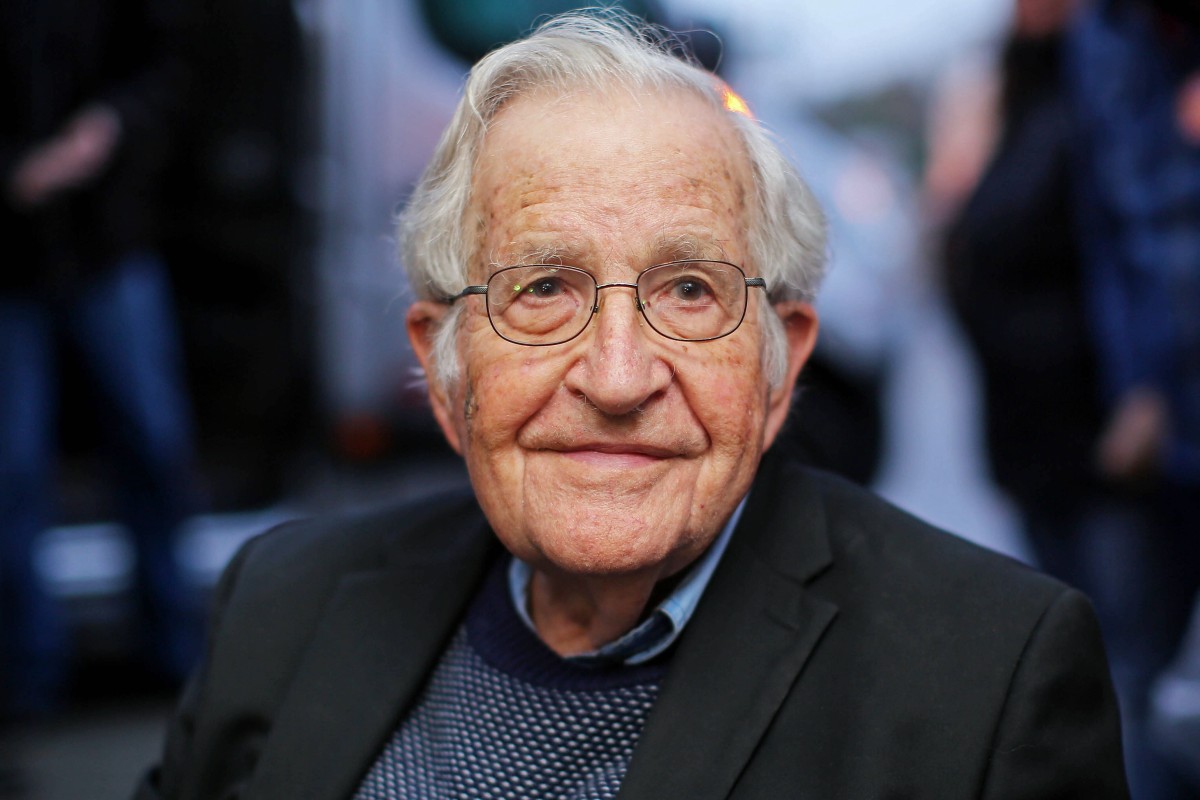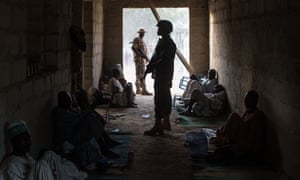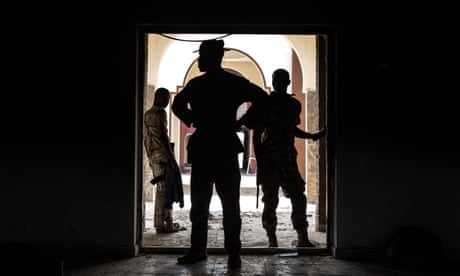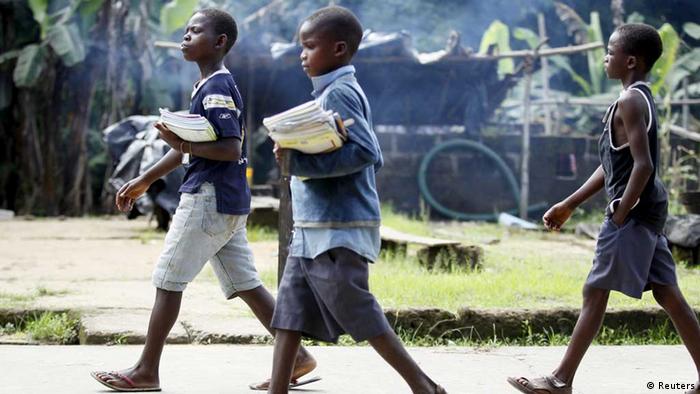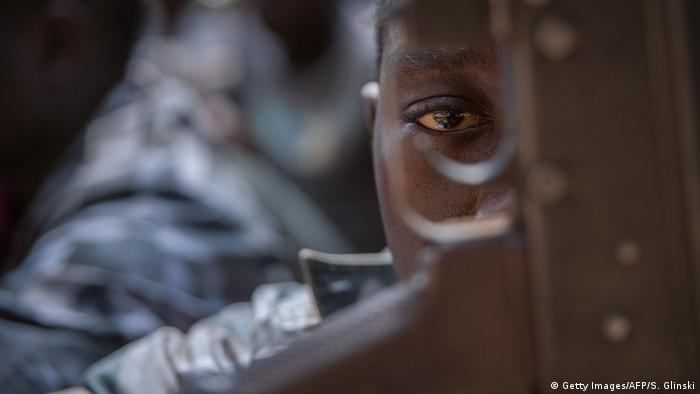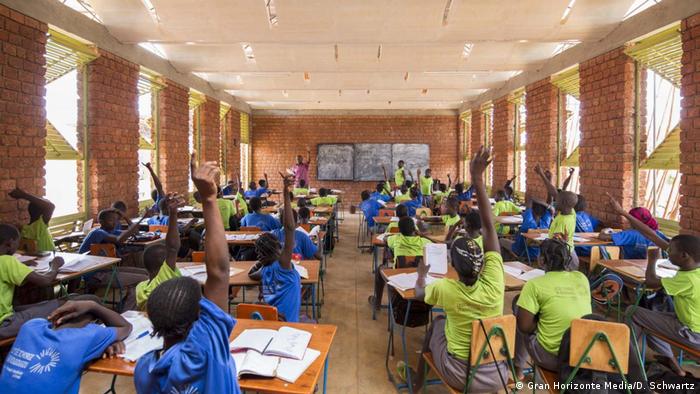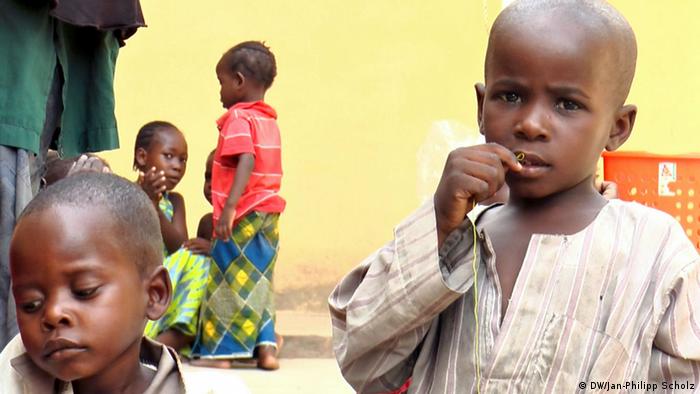Outreach revealed in a trove of emails obtained by the South China Morning Post
Inslee’s move followed an intervention by software services entrepreneur Qiang Wan, a naturalised American born in Beijing
John Power SCMP
Published: 5:00am, 27, 2020

Washington Governor Jay Inslee. Photo: Reuters
A US state with close ties to Chinese President
Xi Jinping’s alma mater directly petitioned the Chinese leader for protective clothing for its medical workers battling the coronavirus last month, leading to it receiving supplies from Sichuan province, Tsinghua University and other Chinese sources.
Jay Inslee, the governor of Washington state, wrote a personal letter to Xi on April 2 asking to “access the enormous productive capacity of China to obtain critically needed medical supplies” such as surgical masks, disposable gowns and gloves as state health authorities faced “extreme challenges” securing supplies.

Inslee’s letter to Xi Jinping.
The outreach by the state governor – a former Democratic Party candidate in the upcoming US presidential election – came after Beijing had tightened its vetting of exports of medical supplies, resulting in major delays of shipments of personal protective equipment to the
United States. The snag emerged as new cases were peaking in the state and as infections in the US approached 250,000 nationwide.
Beijing’s heightened screening followed complaints by some governments and hospitals that large quantities of PPE sent from China were below acceptable standards.
The governor’s plea also came as weeks of friction in
US-China relations at the national level briefly appeared to be subsiding after Xi and US President
Donald Trump agreed to a truce in their war of words over the origins of the coronavirus during a phone call in late March.
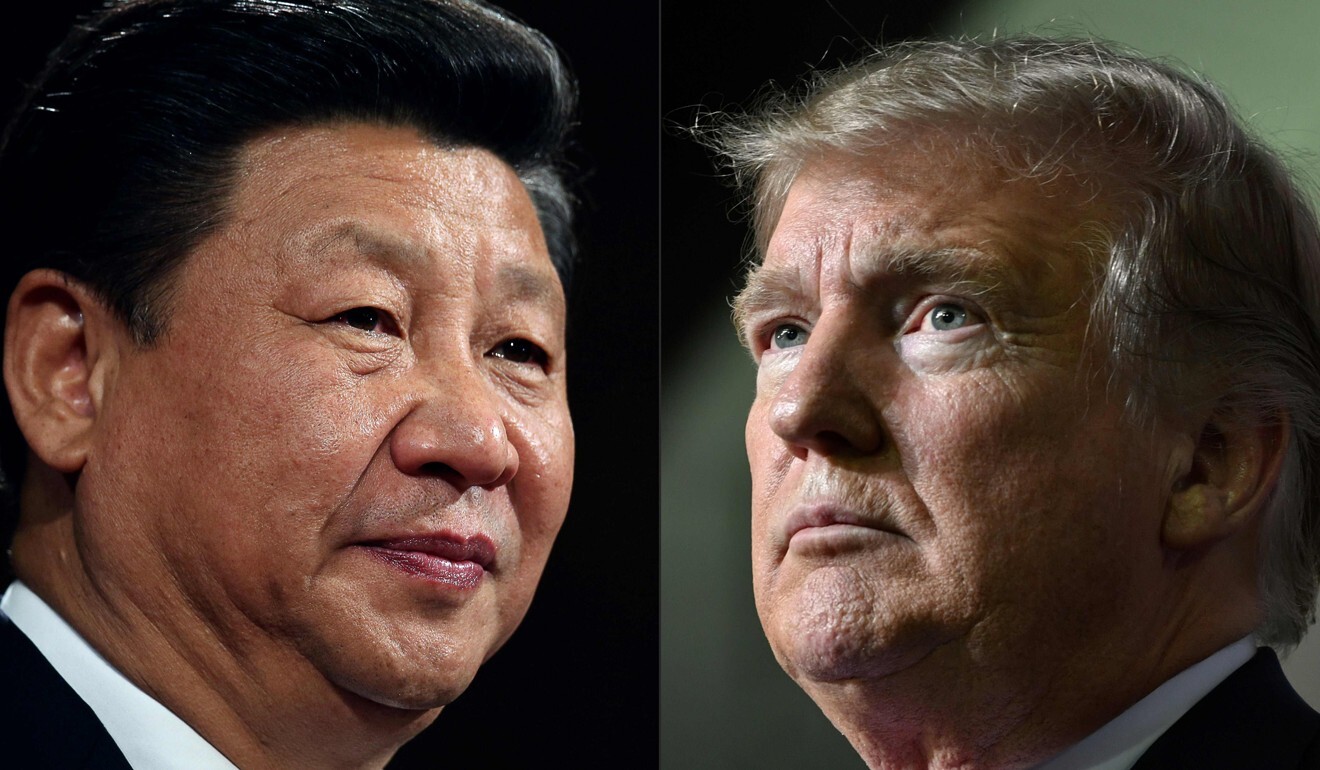
The plea came at a time when Chinese President Xi Jinping and US counterpart Donald Trump had agreed to a truce in their war of words over the origins of the coronavirus. Photo: AFP
The previously undisclosed outreach, revealed in a trove of emails obtained by the South China Morning Post through a public records request, was brokered at the urging of Qiang Wan, a Chinese-American entrepreneur who was born in Beijing but migrated to the US to study at the University of Southern California in the 1980s.
Now a naturalised American citizen, Wan, 58, is an entrepreneur in the software services industry based in Washington state, which in January recorded the first coronavirus cases in the US.
Wan also chairs Tsinghua GIX Institute North America, a non-profit organisation that provides “operational support” for programmes at the Seattle-based Global Innovation Exchange (GIX).
US state officials overruled expert advice on listing places visited by Patient 1
28 Mar 2020
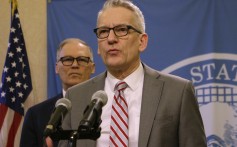
GIX, a “multi-culture and open education-research platform”, was founded in 2015 as a partnership between Microsoft, the University of Washington and Tsinghua University, where Xi graduated with a doctorate in law in 2002.
The institute, which describes itself as a “milestone in the internationalisation of higher education in China”, received a tree for its campus as a gift from Xi during a visit by the Chinese leader to Washington state the same year.
Wan, whose father served as the Chinese ambassador to Morocco in the late 1980s and early 1990s, said he had been moved to act after watching the virus take hold in his home state while in China on business. Washington state, which has recorded about 19,500 coronavirus cases and 1,000 deaths, ultimately received donations of an unspecified quantity of supplies from several Chinese government and private sources following the letter appealing directly to Xi.
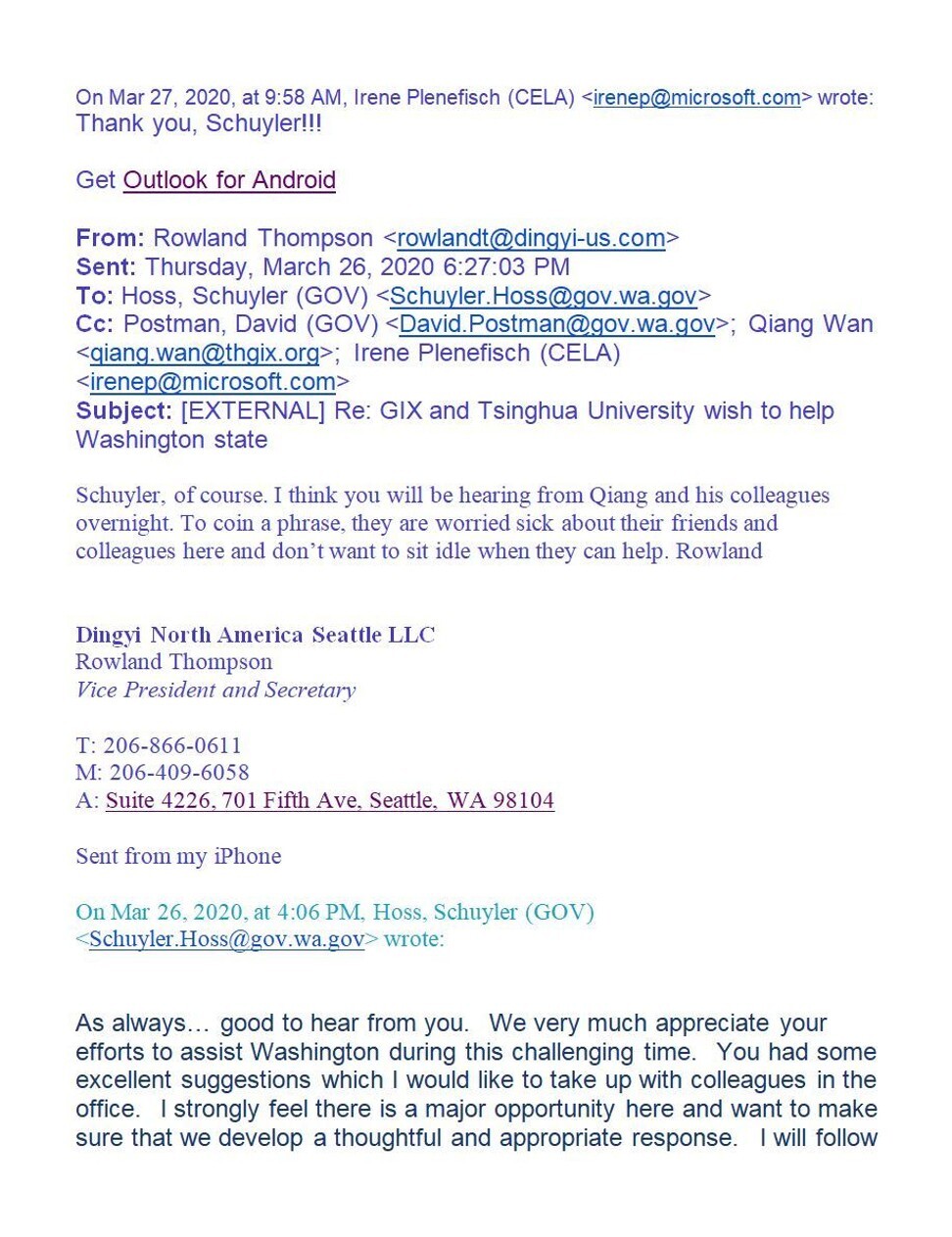
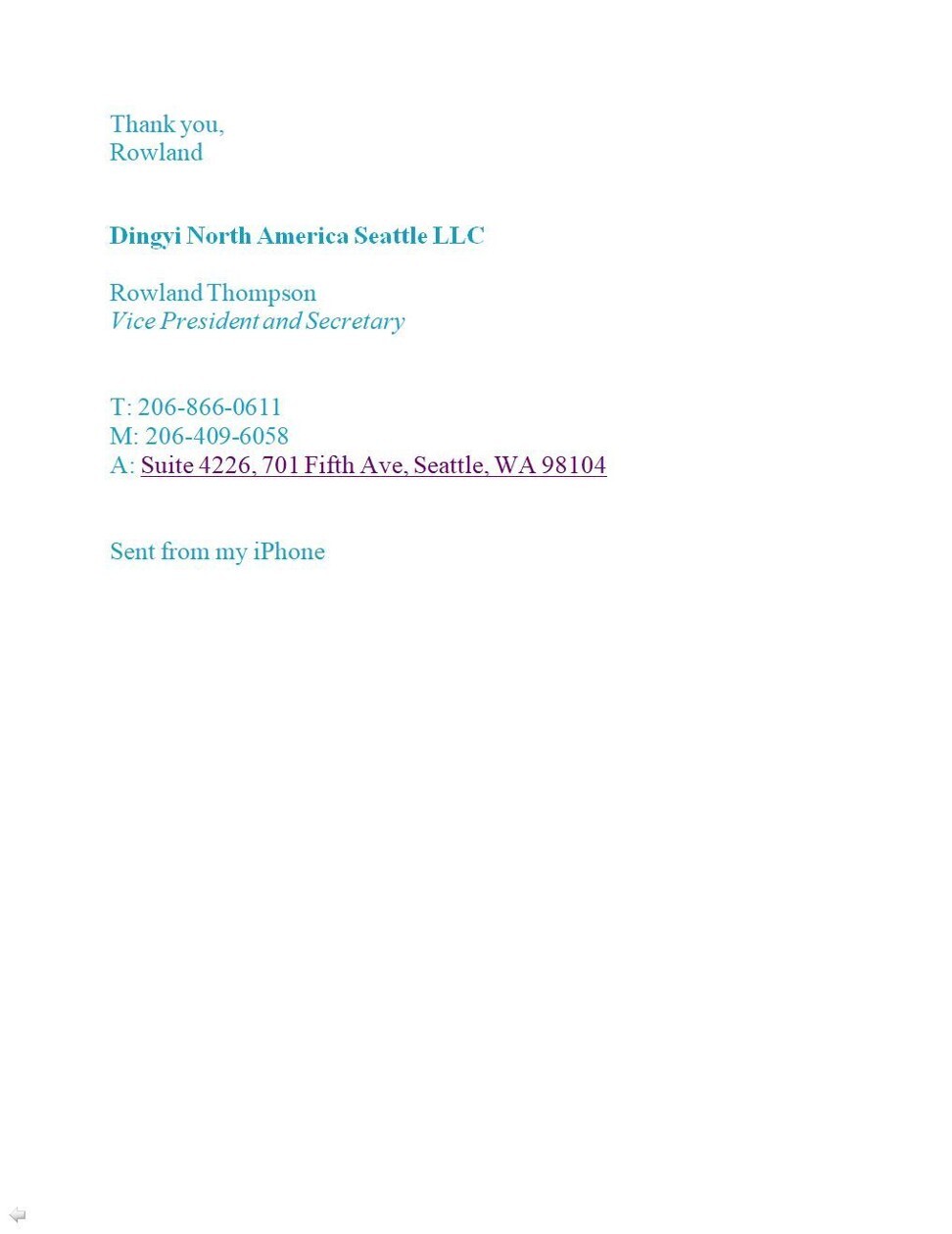

Emails obtained by the South China Morning Post.
“I grew up in a diplomatic family; to me, it’s normal,” Wan said. “Whenever there’s a crisis, diplomats do their best, through personal relationships or other channels to get things done, and this was sort of my way of trying to move things along.”
In emails to the governor’s office, Wan stressed how the university’s “very strong and influential network” could be the key to quickly getting supplies to the state despite “current tensions at the national level”.
“This requires diligent work and thoughtful planning, and I am aware of the sensitivities and intricacies around such tasks,” Wan wrote in an email on March 27. “But I am fully committed to line up the right resources on my side and will take full responsibility to reduce and minimise the risks associated with this effort while maximising the result.”
Caught between China and the US: why Hong Kong is the latest battleground
22 May 2020
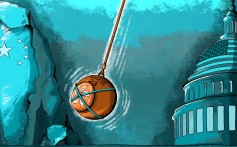
In Inslee’s letter to Xi, delivered through the Chinese embassy in Washington, DC, the governor said Tsinghua officials had “generously offered to assist” and an “expression of support from you in these efforts would have a very dramatic impact on our ability to successfully acquire supplies”.
“In this time of great need for our state, I am looking to our friends in China for help and support,” Inslee wrote.
On April 10, Chinese Ambassador to the United States Cui Tiankai wrote to Inslee to tell him Xi had received his letter and “directed relevant government departments of China to provide needed assistance and facilitation”.
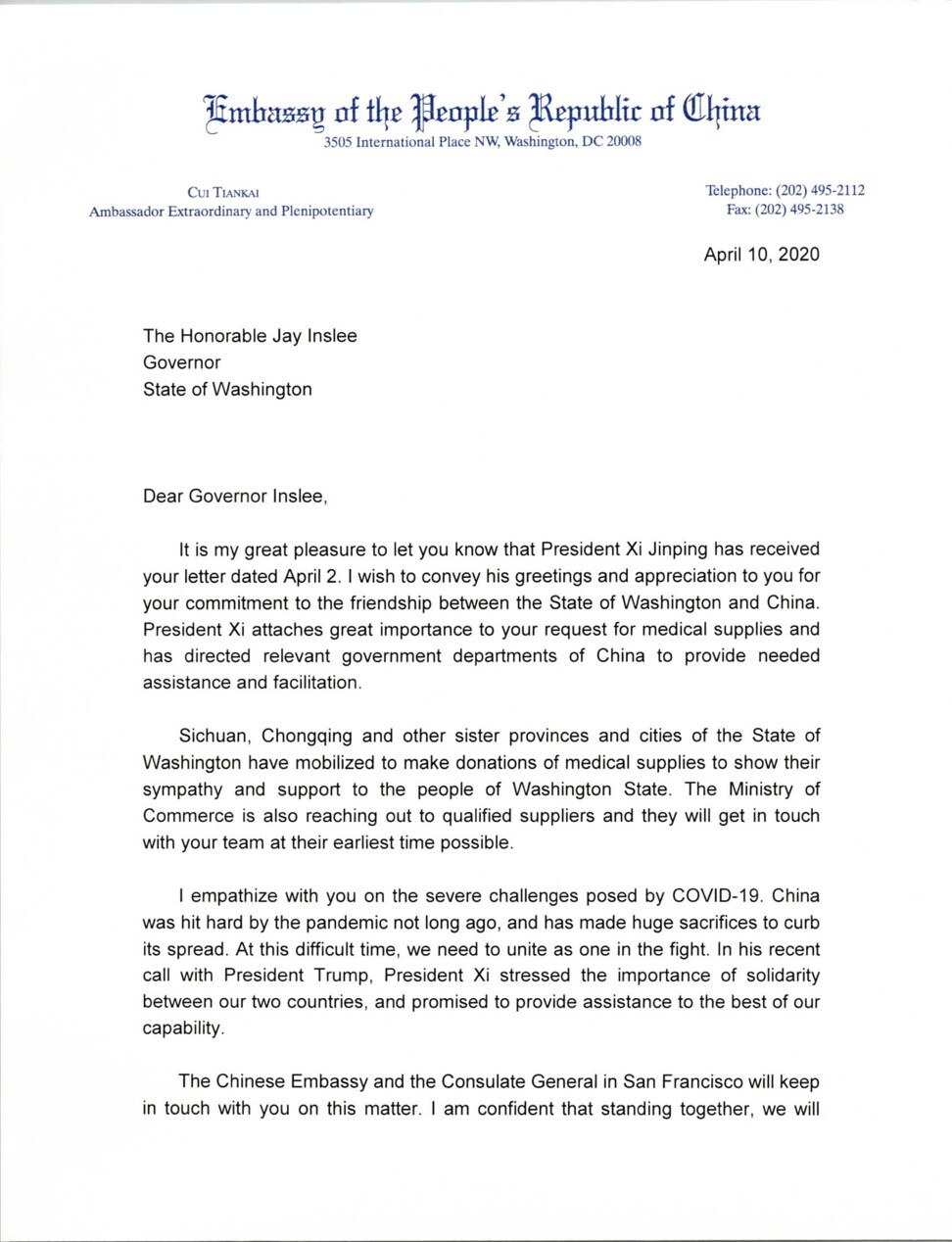
Ambassador Cui Tiankai's letter to Inslee. Click to enlarge.
Cui said Sichuan, Chongqing and other sister provinces and cities had mobilised to donate supplies to “show their sympathy and support to the people of Washington state”.
Chinese government agencies and other groups have donated tens of millions of masks abroad as part of a “mask diplomacy” push that Western critics have cast as an attempt by Beijing to deflect criticisms of its handling of the initial coronavirus outbreak in Wuhan.
Trump administration officials spent weeks debating whether to accept donated masks from the Chinese Foreign Ministry, according to a New York Times report last month, fearing that doing so would aid Chinese propaganda efforts. In March, the European Union’s top diplomat, Josep Borrell, warned that Beijing’s outreach included a “geopolitical component, including a struggle for influence, through spinning and the ‘politics of generosity’.”
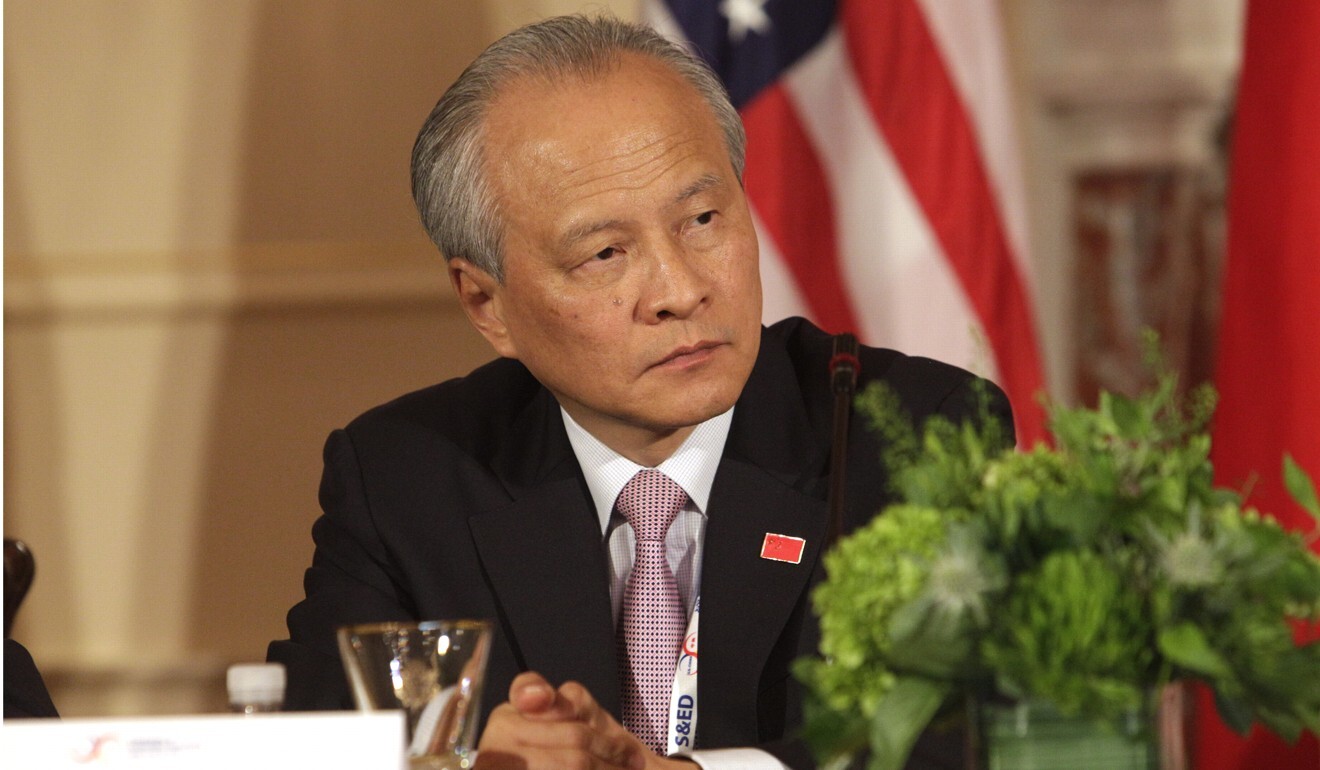
United States Cui Tiankai. Photo: AFP
Mike Faulk, a spokesman for the Washington state governor’s office, said the state had been donated supplies by the Chinese Consulate in San Francisco, Sichuan Province, Tsinghua University and private individuals.
“Turbulent supply chain and shipping conditions meant that Chinese government action in support of PPE exports could be helpful,” Faulk said. “We greatly appreciate the support and being connected to the San Francisco Consulate General for assistance and coordination on logistics regarding shipments from China as needed, which is ongoing.”
Wan, who remains in Beijing after arriving in the city for a business trip in December, said he was troubled by the escalating tensions between the US and China, which have locked horns over the causes of the pandemic and a host of other issues ranging from the
unrest in Hong Kong to technology and trade.
Chinese Foreign Minister Wang Yi on Sunday warned that “political forces” in the US were attempting to push the two sides toward a “new cold war”, after US Secretary of State Mike Pompeo labelled Beijing’s proposed national security law for Hong Kong a “death knell” for the city’s autonomy.
Wan said he believed people-to-people exchanges could help “bridge the conversation”.
“I always believed that better understanding, better communication – between the people, between the cultures – is very, very important,” he said.
Wan said he couldn’t be sure of the letter’s impact but said it may have given manufacturers and officials the confidence to act on the state’s pleas.
Inslee launched his campaign as a Democratic candidate for president in the 2020 election on March 1, 2019. Throughout his campaign, he was a frequent critic of Republican president Trump. He ended his presidential campaign last August, citing low poll numbers, but said he would seek a third term as governor in the November elections.
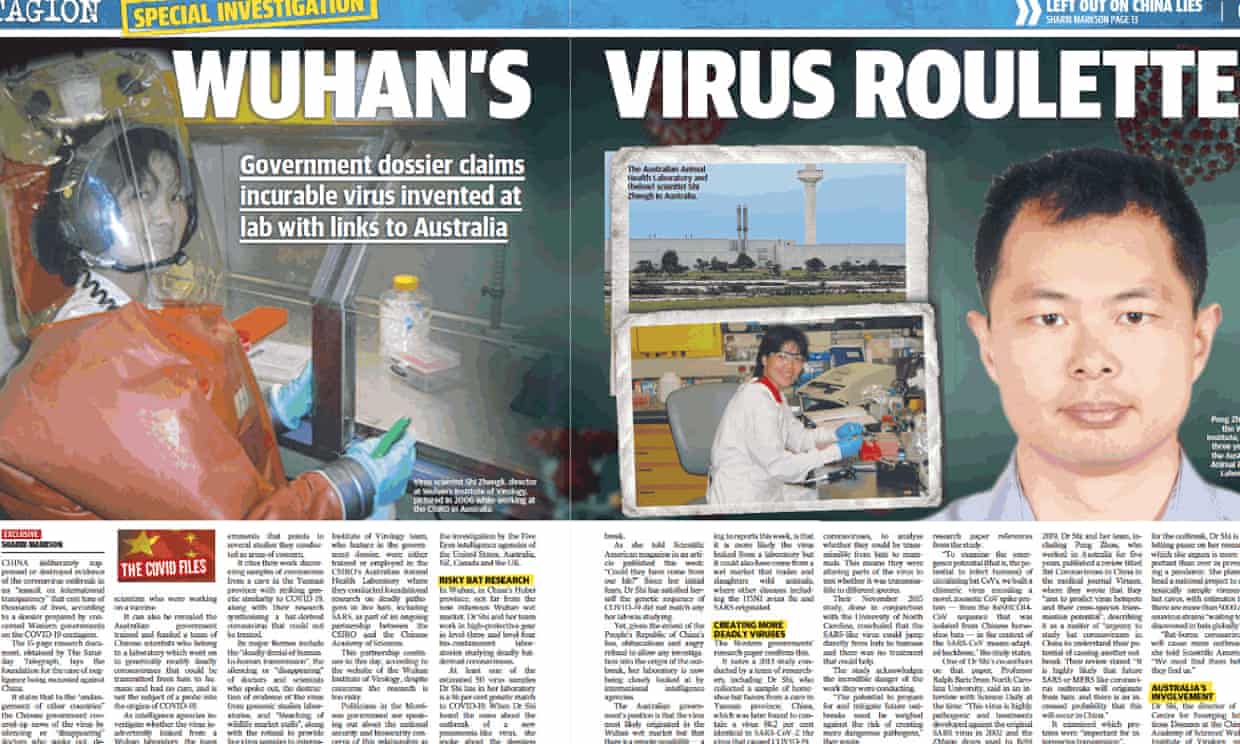
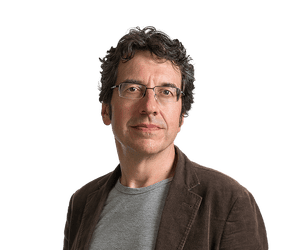
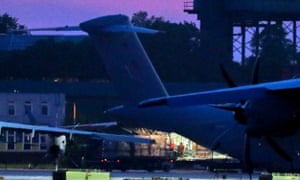
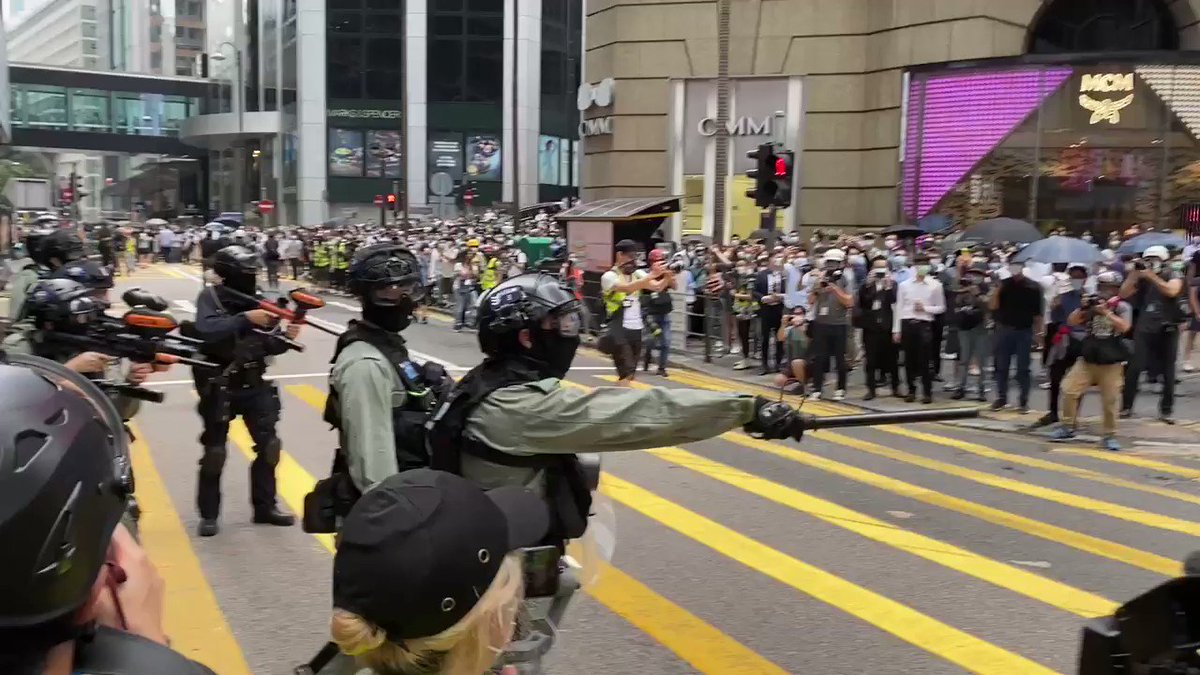 Xinqi Su 蘇昕琪(@XinqiSu)
Xinqi Su 蘇昕琪(@XinqiSu) Pak Yiu(@pakwayne)
Pak Yiu(@pakwayne)